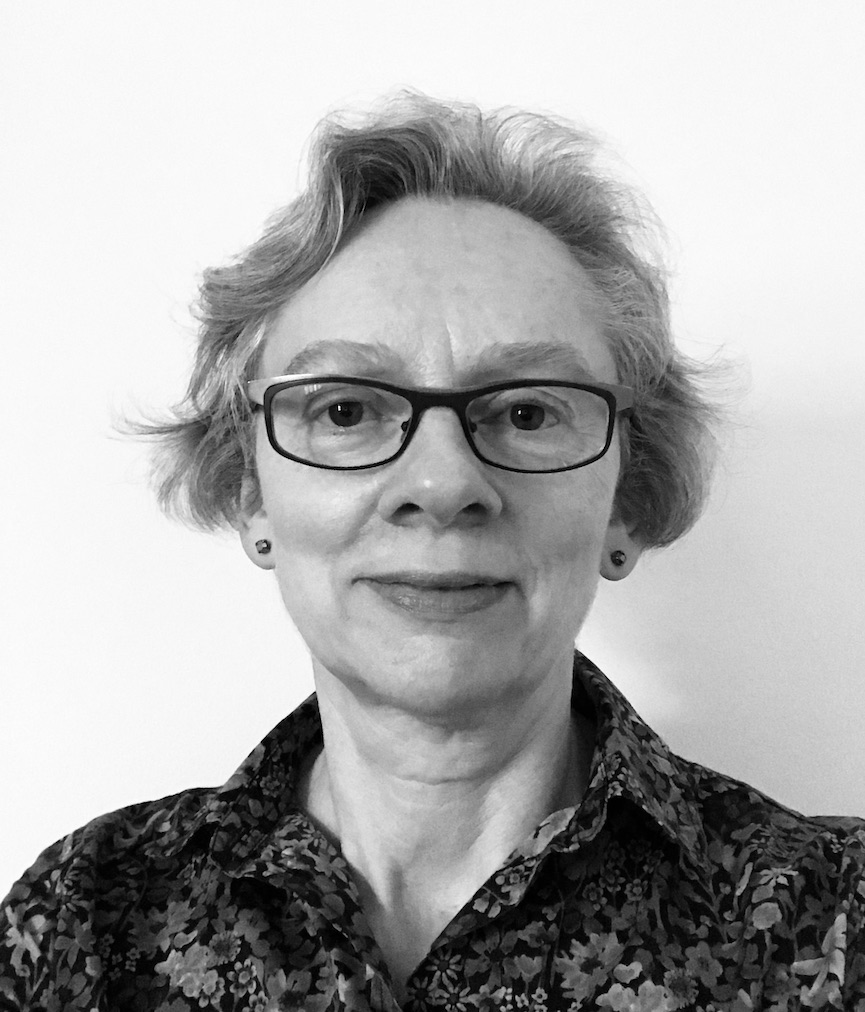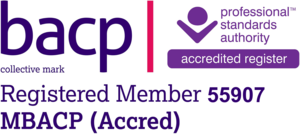
Counselling, Psychotherapy & Expressive Arts Therapy in Hastings & St Leonards, East Sussex & Online
I am a humanistic psychotherapist accredited with the British Association for Counselling and Psychotherapy (BACP). I have 18 years experience and work with individuals, couples and groups, with adults and teens. I am British but completed my foundation training at the California Institute of Integral Studies in San Francisco before continuing my professional development with Spectrum Therapy in Finsbury Park, north London. I was a practitioner at Spectrum from 2013 until 2020. Founded in 1976, for 45 years Spectrum was the largest humanistic therapy centre in Europe.
I offer in person counselling, psychotherapy and expressive arts therapy in Hastings & St Leonards, East Sussex. My therapy room is at the Old Brewery on High Street in Hastings Old Town. I work online with clients based elsewhere in the UK and internationally.
Through the expressive arts therapy element of my training I have additional experience in the area of creativity, its role in mental health and personal development. I have run therapeutic workshops and groups on different aspects of creativity such as creative writing, art and filmmaking as well as working with individuals around creativity. Before practising as a psychotherapist I worked in film and television.
Other special interests include transpersonal psychology and ecopsychology. Transpersonal psychology is the point where psychology and spirituality meet. I have studied with teachers in the field of nondual consciousness and meditation is part of my own practice. Ecopsychology explores the role of contact with nature in mental health. I run a psychoeducational course in shamanic journeying: Homecoming. Journeying is a practice that combines elements of both transpersonal and ecopsychology, and is a process similar to dreaming that connects us to an always available field of energy and insight. Please take a look at my Groups & Workshops page and get in touch if you are interested in the next Homecoming starting in February 2026.
How I work
I became a psychotherapist because of my own experience in therapy and how it helped me become a much happier person. Developing greater awareness about ourselves gives us so much more power to weather the storms and create positive change in our lives. The difficulties we may be having are often connected to patterns in thinking or behaving that we have learned unconsciously at a time when circumstances set up a particular response. The response served a purpose but it has outlived its usefulness and is now keeping us stuck in a loop. It can be hard to see what could be different until you become more aware of what it is that is influencing you and start exploring alternative ways of responding and being in the world.
My theoretical frames of reference include gestalt, which means that my focus is on the here and now and paying attention to what is happening in the present. I also pay attention to how emotions are embodied. Your mind does not exist in isolation from your body, they are interconnected. How you think and feel affects how you are physically and vice versa. Gestalt and formative psychology, and my training in expressive arts, all inform my work with the body-mind connection. In the past fifteen years neuroscience has begun to explain what it is precisely in these approaches that has a positive impact, helping where needed to rewire the brain and build neural pathways that counteract the negative impacts of trauma, neglect and abuse.
In addition to talk counselling and psychotherapy, I have a specialist training in expressive arts therapy. Using body-based expressive arts approaches can be helpful when feelings are difficult to put into words and in developing ways to soothe dysregulated nervous systems, building neural pathways that support a sense of being deeply at home in yourself. There is no pressure, however, to engage with the arts if you prefer simply to talk.
Why choose Counselling & Psychotherapy?
The words counselling and psychotherapy tend to be used interchangeably, but 'counselling' is often used to describe work that is more short term and focused on one or two issues. The word 'psychotherapy' (or therapy) tends to be used to describe longer term work that looks at the bigger picture of how you experience yourself and relate to the world. In longer term work you can take a deeper look at your patterns of thinking, feeling and behaving.
Whether you want to focus on one particular issue or work on several, counselling and psychotherapy provide an opportunity to look at what is going on for you in a confidential, non-judgmental setting. Talking to friends and loved ones and sharing where we are in ourselves is an important part of building and maintaining relationships, but therapy provides the opportunity to talk with someone who is not personally involved, who has no vested interest in what you feel or do and who is practised in the art of listening.
People often begin therapy at a time of difficulty and therapy can provide real support at such a time. But it can also be worthwhile when life is flowing without too much difficulty and yet there is a sense of wanting to find more meaning or of 'what now?'. Sometimes a client will come in to therapy when facing a rite of passage such as marriage or reaching a particular age. Taking time to reflect on what it is you want from a new phase of life, and exploring how to create that, can lead to much greater fulfillment.
Counselling and psychotherapy can help you find fresh insight. Sometimes we cannot see the wood for the trees. By asking questions and giving feedback a therapist can help you clear confusion and find the solutions that are right for you. Therapy is not, however, simply an intellectual process - the positive impact of therapy is dependent on the quality of the empathetic relationship between therapist and client. It is important to find a therapist you feel you can talk to, whom you can trust and develop a rapport with.
Couples Therapy
Relationships often run into trouble because of difficulties with communication. As a couples therapist one of the main areas I look at is how people communicate. Good communication is a skill that can be practised and developed. Poor communication keeps a relationship stuck in a negative loop. Having a couples therapist present when you are talking to each other can be helpful in identifying where it is you are not communicating effectively and improving communication.
We all have histories around relationships and these histories can mean we have a lot of assumptions and attitudes about relationships that may or may not fit easily with our partner's history. Couples therapy is an opportunity to take a closer look at what you each bring to the relationship and what you create together.
Sex and intimacy are complex areas surrounded in unhelpful myths. Maintaining desire and passion in a long-term committed relationship can be challenging. Affairs and betrayals can create crisis in a relationship.
One of the central questions in life is how to be in relationship and also be connected to ourselves, to balance the need for intimacy with the need for autonomy. It is this balancing act that couples therapy fundamentally addresses.
What next?
If you are interested in booking an initial session, please call me on 07877 453477. You can also e-mail me using the link at the top of the page.
For more information on fees, click on practice details.
My Hastings & St Leonards practice is close by for postcodes TN34, TN35, TN37 & TN38, within easy reach of Bexhill, Battle and Rye, and the surrounding areas of Rother, Wealden and Eastbourne. It is also reachable from Brighton and the wider East Sussex area as well as neighbouring parts of Kent.
For sessions online, the platforms I use are Skype and Zoom.

Tel: (07877) 453 477
Hastings & St Leonards, East Sussex
Online
